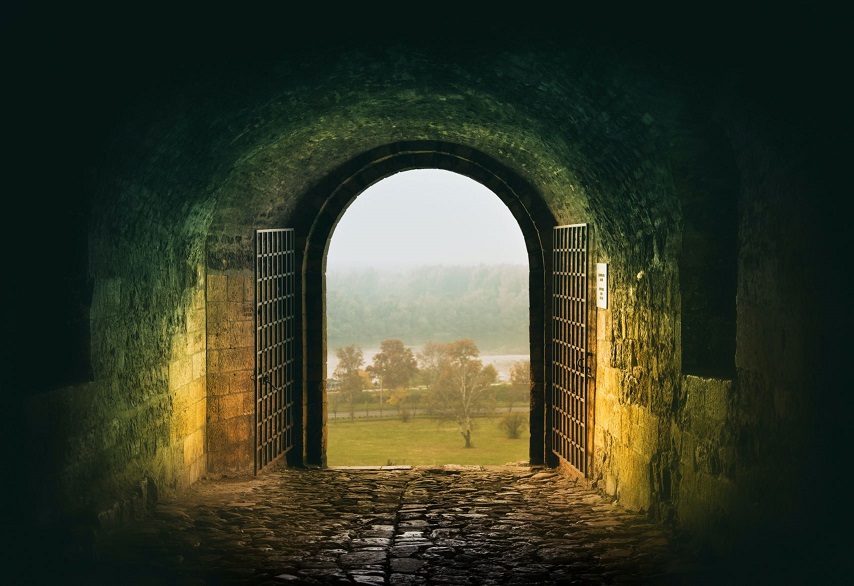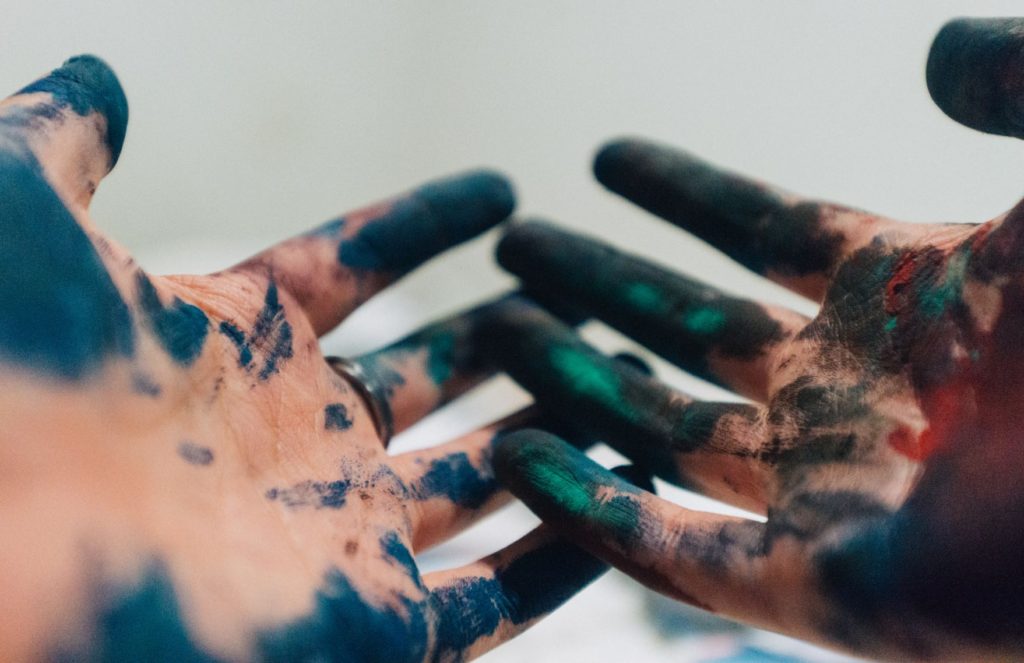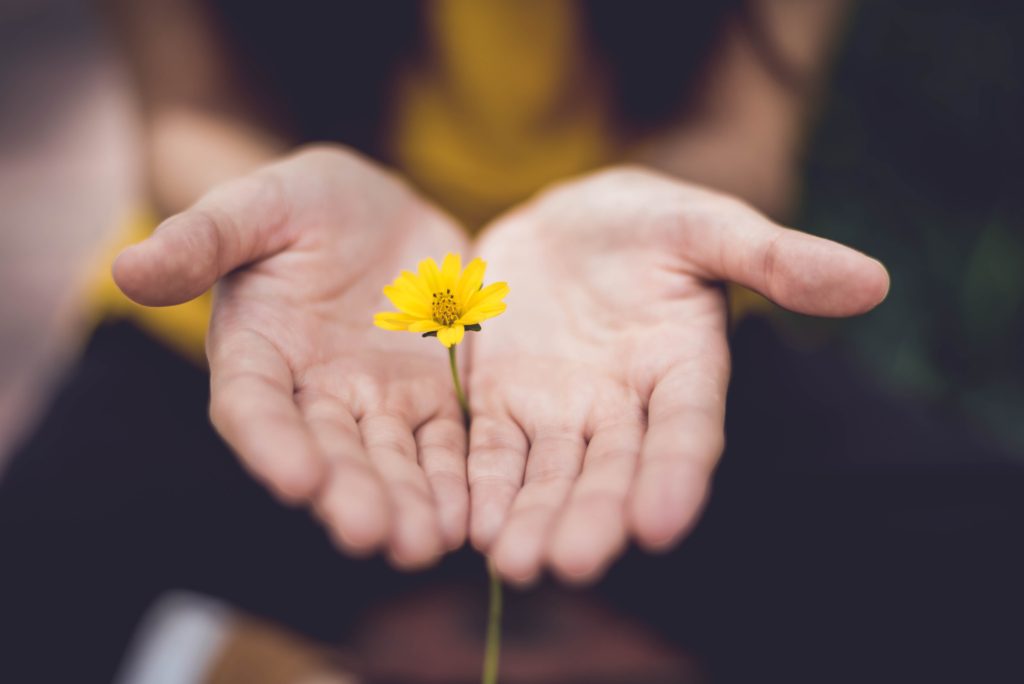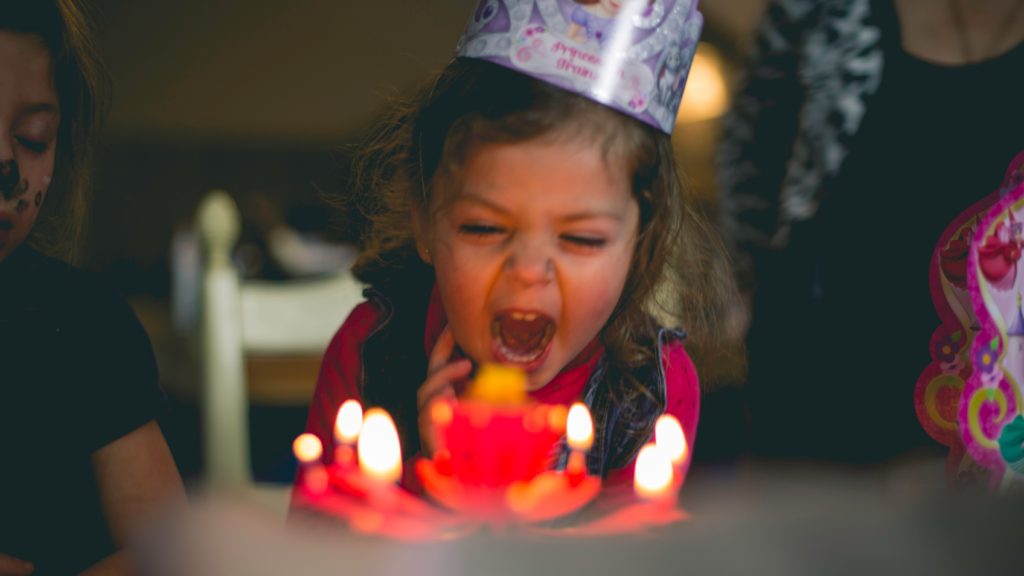Last week I wrote about three ways I see crappy theology cause suffering for my clients. These lies, taught to us by (usually) well-meaning people, are in there so deep we don’t recognize them as made-up ideas that just aren’t true.
We know they’re not true because they cause us to suffer.
In case you missed it, here are the first three lies.
Lie #1: Jesus died for your sins. On the contrary, God and Jesus aren’t concerned about how you in your wickedness are breaking their rules. What they are concerned about is how much you love yourself, each other, and the world. The only sin is failing to love.
Lie #2: God despises the world and “things of the flesh.” On the contrary, God IS the world. The world is made of God. As the bumper sticker puts it: The Earth is my church. My body is the altar.
Lie #3: God has a plan for your life, and your job is to figure it out and follow it. On the contrary, Creator God is always at work, and all She wants from you is to be the fullest version of yourself you can be, right now, at this moment.
Three more lies:
Lie #4: You need to be perfect, as God is perfect. On the contrary, beloved, God wants you to be yourself in all your miraculous messiness. God loves your messiness.
The word translated as “perfect” in many versions of the Bible (Matthew 5:48) would be better translated as “whole.” (I like Eugene Peterson’s rendering in The Message: “In a word, what I’m saying is, Grow up. You’re kingdom subjects. Now live like it. Live out your God-created identity. Live generously and graciously toward others, the way God lives toward you.”)
Being human is messy and unpredictable, and you’re making yourself crazy and miserable when you try to be perfect. As Anne Lamott says: “Perfectionism is the voice of the oppressor, the enemy of the people. It will keep you cramped and insane your whole life ….” Be whole instead, beloved. Be whole.
Lie #5: Following your heart and your desires is evil, and being “selfish” is bad. On the contrary, beloved, your desires are holy and necessary. God wants you to want what you want.
When we believe that wanting something is bad, we fight against ourselves and our deepest longings. Instead of honoring our soul’s yearnings, we talk ourselves out of them and we lose ourselves in the process. This is an especially insidious one for women, who are expected to be the caretakers of the world while staffing bake sales, cleaning toilets, and never ever saying NO. (I am NOT saying to act out every desire you have. What I am saying is that every desire has wisdom for you. Honor that wisdom. Listen for it.)
It’s a cliché, I know, and it’s still true: Put on your own oxygen mask first. Only then will you be full enough to give when it’s your turn to give.
Lie #6: God is outside of you, “up there” somewhere, separate from this messy world and its pain. On the contrary, beloved, God is Mother, here with us.
God is not “the man upstairs” or the spirit in the sky. God is not our Father in Heaven.
When we believe this lie, we make the disembodied sacred and the bodied profane. We make spirit good and flesh bad. We then look outside ourselves for guidance and answers, and we avoid our adult responsibility to listen for the Wisdom within. We’re incapable of giving our gifts freely, because we’ve forgotten who we are.
God your Mother inhabits your everyday moments. She is as common as dirt. And She loves your body like a mother.
Oh, my beloveds. These lies cause so much suffering. They leave us contorted and stuck and so self-critical we’re paralyzed with shame and self-loathing.
You can feel their destructive power when you hold them in your body. Try saying one lie and notice how your body feels. Now say the truth (use my “On the contrary … “ formulation or your own words) and notice how your body feels. Lies cause suffering. Can you feel how you stop suffering when you disbelieve the lies causing you to suffer?
Beloved, you are not called to suffer. Being human on Earth is full of pain. Being human on Earth is full of joy, too.
Please take your suffering seriously. Look underneath your suffering and find the crappy theology causing it. We can do that together if you want to.
Heal crappy theology and you heal yourself.
We need you whole, healthy, and healed. We need you telling the truth. We need you raising your voice in the wilderness so we can find each other.
PS. A deep bow of gratitude to you voices in the wilderness who joined our inaugural Community Conversation on June 17. We were witnesses for each other’s pain and joy, and we formed deep community almost from the first moment. I’m so grateful to meet you “face to face,” and look forward to our next gathering on Tuesday, July 13, at 2:00 pm Pacific. Newsletter subscribers will get the Zoom link the day before. Missed the first one? No worries. You can join anytime.
PPS. I’ll be sending emails only to my weekly letter list beginning on July 1st. Email subscribers will get new content, current offerings, and notifications of upcoming events delivered straight to their inbox. You can subscribe here, and thanks!
Photo by Nikola Knezevic on Unsplash







